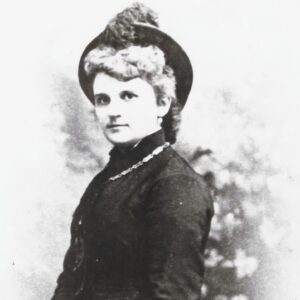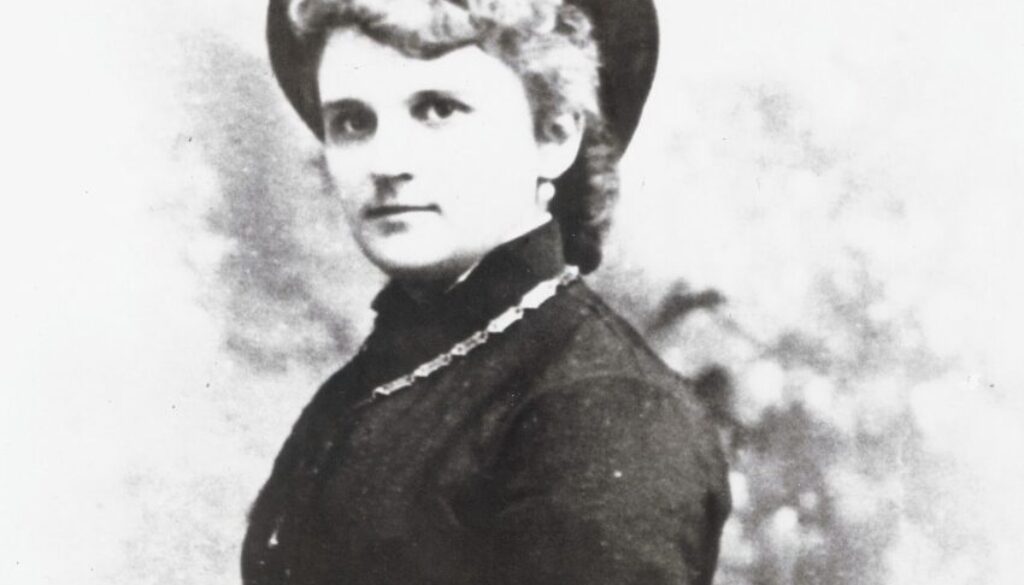Kate Chopin – The Awakening
I’ve been learning a lot from reading ‘Patriotic Gore: Studies in the Literature of the American Civil War’ by Edmund Wilson. All about Harriet Beecher Stowe and the ghostly apparitions that her husband Calvin saw throughout his life. About the real Lincoln, not the Carl Sandberg mashup of folksy stories. About William Tecumseh Sherman and his son, who became a Jesuit priest. All kinds of interesting stuff.
JFK asked Wilson about the book at a White House dinner, and Wilson famously told him to buy a copy.
Now Wilson is going through the Southern writers, and he reads every one of them, good and bad, every word, and gives you only the good parts. Tho he does give the reader a good bit more of Sut Lovingood than I think anybody needs, just to show how bad he is.
There are two Southern writers in the post-war period that Wilson thinks ‘every serious student of American literature’ should read: Albion Tourgee and George Washington Cable.
Well that lets me out, but I plan to read them anyway.
Tourgee wrote ‘A Fool’s Errand: By One of the Fools’ detailing the depravities of the KKK, and how the federal government was powerless against them and came eventually to a despicable compromise.

George Washington Cable deserves his own entry – a Southern author who went on lecture tours with Mark Twain, he was, at first a ‘quaint’ teller of New Orleans Creole folk tales, but he moved to Northampton, Massachusetts so his daughters could go to Smith.
But right in the middle of his chapter on Cable, Wilson inserts, without apparent explanation, a chapter on Kate Chopin.
If you haven’t read ‘The Awakening,’ you should. I did. It’s a brilliant piece of work. I won’t try to describe it here except to say it has beautifully etched characters and sensuous descriptions of the moon, the mists, and the gentle breezes of the Gulf of Mexico.
Wilson, also a great appreciator of this work, tells the reader a lot about the author that they didn’t know.
For instance. Kate Chopin had written before this, a story called ‘The Dream of an Hour.’ In this story, a woman with a heart condition is told of her husband’s death in a train crash. She goes to her room and weeps and weeps, but then this feeling starts to creep over her. “Free! Free! Free!.”
Whereas before she hadn’t been looking forward to the future, she now looks forward to many days that “will be her own.”
Then the husband comes home – he missed the train – and she sees him and drops dead. “The joy that kills,” the doctors said.
Also, Wilson tells us, Kate Chopin’s father-in-law bought the plantation of Robert McAlpin, a New Englander whose depraved history, related to Harriet Beecher Stowe by her brother, was the basis for Simon Legree, the New England-born villain of ‘Uncle Tom’s Cabin.’ There was a slave cabin on the estate that was later exhibited at the Chicago 1893 World’s Fair as belonging to the original Uncle Tom.
I loved ‘The Awakening’ both times I read it, and on the second reading I was less disturbed by Edna Pontellier giving herself to the jaded Creole Arobin. Why? Because of her insouciance. Insouciance is a fancy way of saying not giving a shit.
Wilson writes about the American obsession with ‘the girl’ and whom she will marry, and in this case, whom she will give herself to, where all this matters so much to the reader.
In ‘The Awakening,’ Chopin, at least where Arobin is concerned, yada-yadas the sex. Edna Pontellier, at that point is saying, “What the heck?”
The public, of course, in 1900 when the book came out, was not saying. “What the heck?’ They were scandalized. The book was banned from the city library and Kate Chopin was blackballed from the St. Louis Fine Arts Club.
This proved just another opportunity for Chopin to demonstrate her exquisite insouciance:
“Having a group of people at my disposal, I thought it might be entertaining (to myself) to throw them together and see what would happen.
“I never dreamed of Mrs. Pontellier making such a mess of things and working out her own damnation as she did. If I had had the slightest intimation of such a thing, I would have excluded her from the company.”
